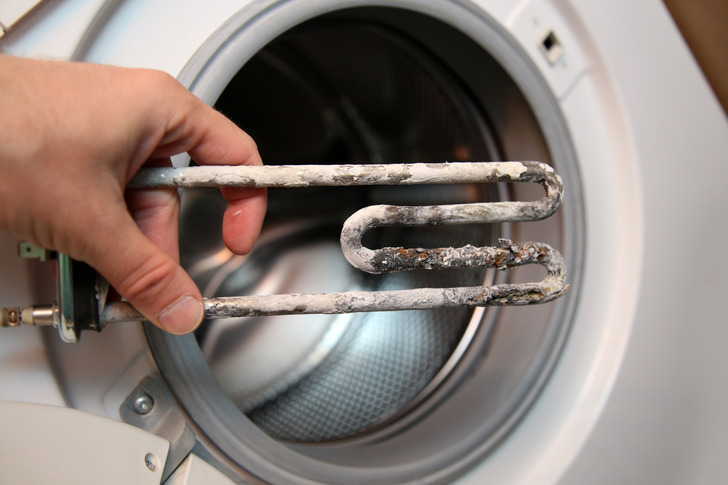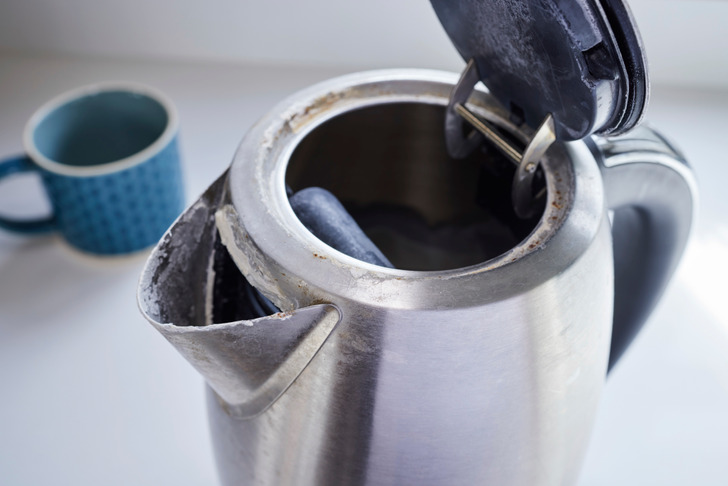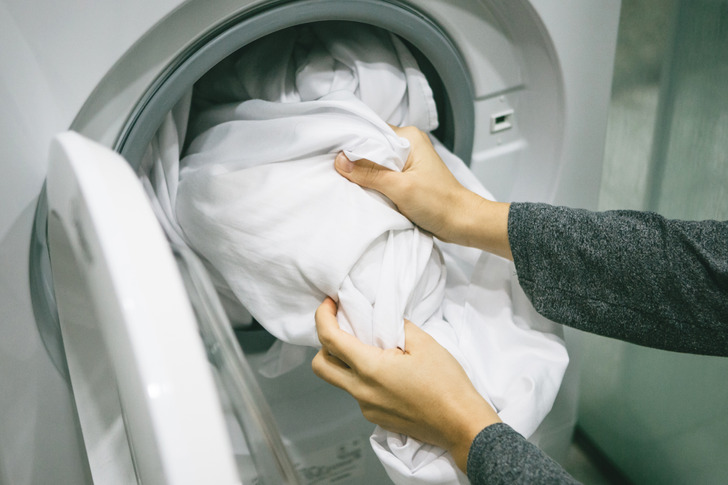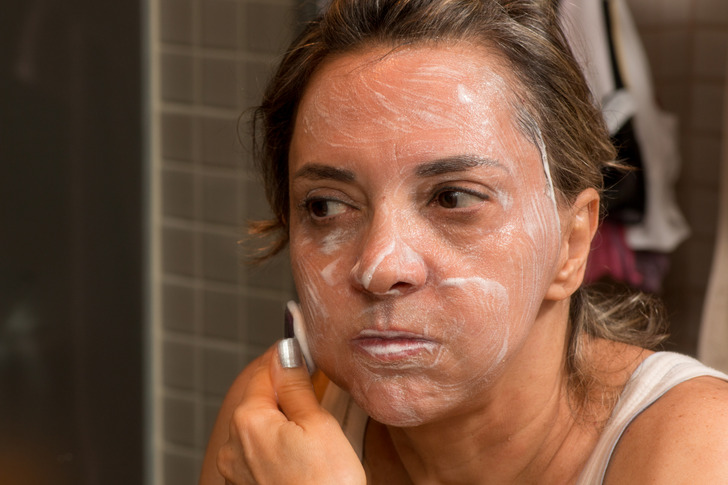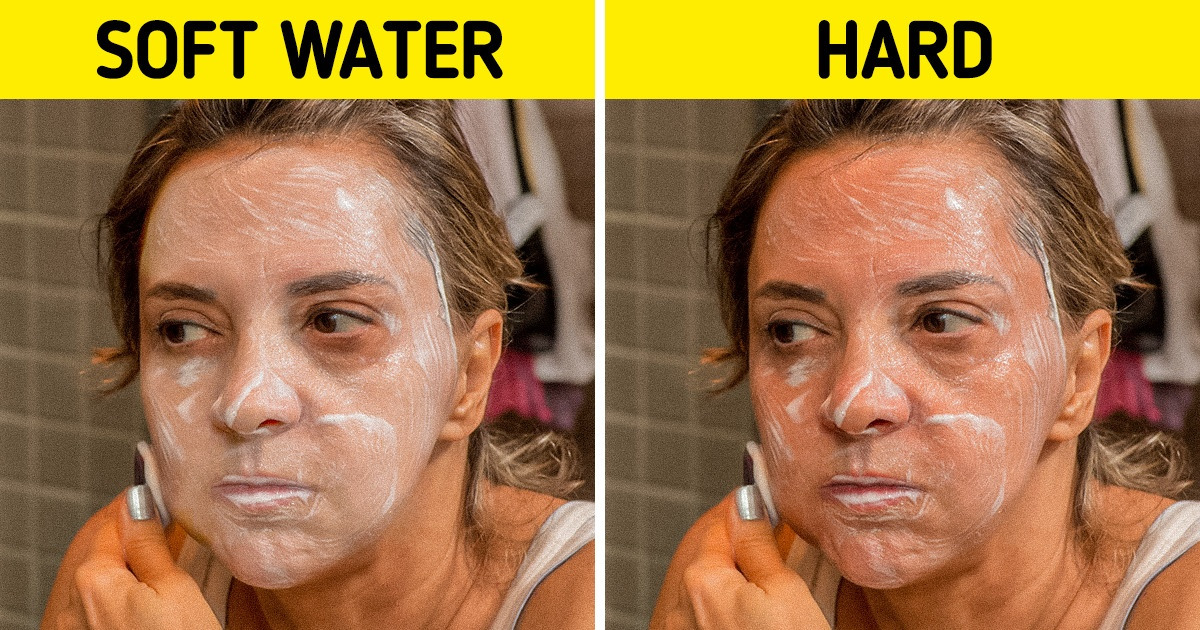
What Water Hardness Can Affect, and How to Test It in Home Conditions
We oftentimes hear the words “hard water” in commercials and on TV, and we’ve come to realize this negatively affects the lifespans of our washing machines, among other things. But what exactly water hardness is and why it’s important to know about is still somewhat unclear.
5-Minute Crafts is telling you what else water hardness affects and how to identify it in home conditions.
What water hardness is
Water hardness is the level of dissolved calcium and magnesium compounds in water, along with other metals at times. The main reason for the hardness of most drinking water is the presence of natural elements in it — water dissolves well and easily absorbs impurities. Initially, the water in which it was difficult to wash anything because the soap didn’t form a foam (due to the chemical composition of the water) was called hard water. Dissolved calcium and magnesium salts primarily contribute to the formation of buildup in pipes and water heaters and cause numerous problems in the laundry, kitchen, and bathroom.
Hard water can be divided into 2 types: permanent hardness and temporary hardness. They differ mainly by the fact that water with a temporary type of hardness can be softened by boiling it; while water of constant hardness cannot be softened by boiling, and one should use a special softener or an ion-exchange column to do it.
How water hardness affects appliances
Hard water affects home appliances significantly. For example, when heated, hard deposits of calcium carbonate can form in a water heater. Scale can significantly shorten the life of appliances, increase water heating costs, reduce the efficiency of electric water heaters, and clog pipes. Even your home coffee maker or kettle can develop mineral build-up.
How it affects the condition of your clothes
When washed in hard water, soap curds deposit on the fabric, making it rough. It becomes impossible to remove soil from laundry completely and causes the graying of white fabric and the loss of brightness in colors. Incomplete cleaning can also cause clothes to smell sour, and constant washing in hard water can even shorten their lifespan. Soap residue can also remain on dishes, bathtubs, and showers, as well as on all plumbing fixtures.
How it affects the efficiency of hygienic procedures
Taking a bath or shower in hard water can lead to the appearance of film on the skin that may prevent the removal of “dirt,” dead skin cells, oils, and various bacteria. This film can also prevent the skin from restoring its natural acid-base balance, i.e. a pH level of 4 to about 6.5. This can cause irritation or even eczema. The same film can make the hair appear dull and lifeless, making it much more difficult to care for and contributing to the fact that it can appear dirty.
How to determine water hardness
One of the simplest ways to determine water hardness without any special equipment or indicators is by running the “bottle test.” You will need a clear, clean, empty bottle with a cap, liquid soap, and tap water. For a more accurate result, choose a soap without dyes or fragrances. Fill the bottle about one-third full of water, add a few drops of liquid soap, and shake it vigorously for a few seconds.
If there are not many soap bubbles or none at all and the water becomes murky or has a milky color, it means the water is hard. In soft water, you’ll see many bubbles and the water itself will remain transparent.
